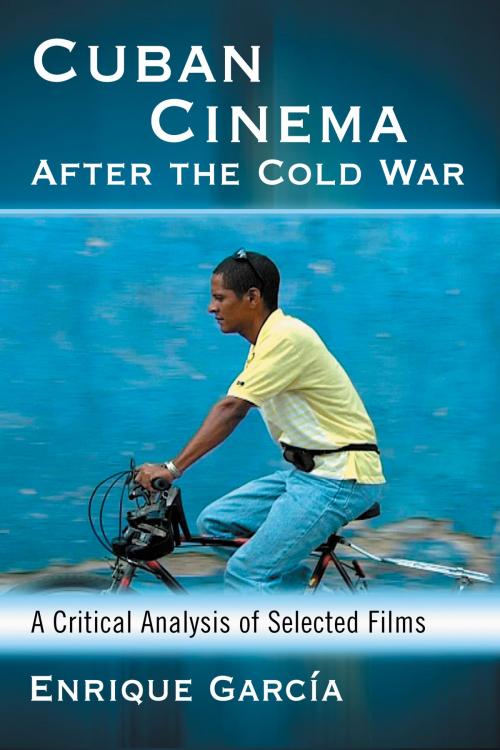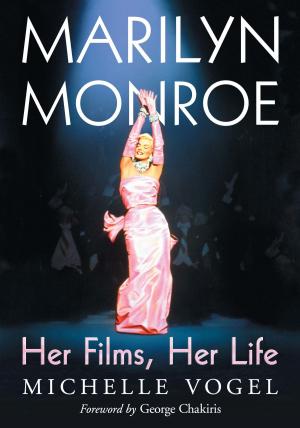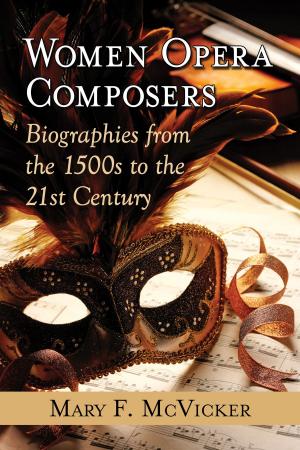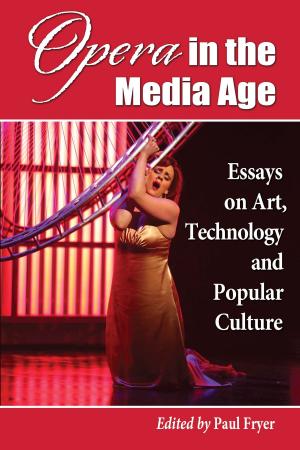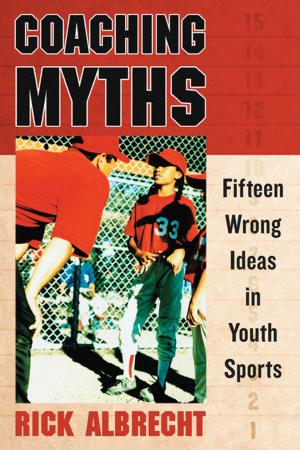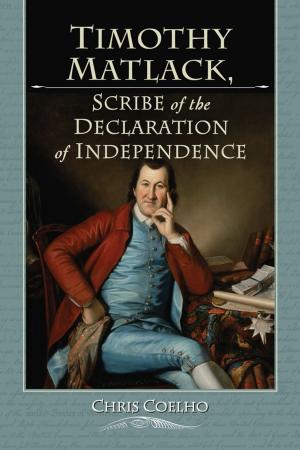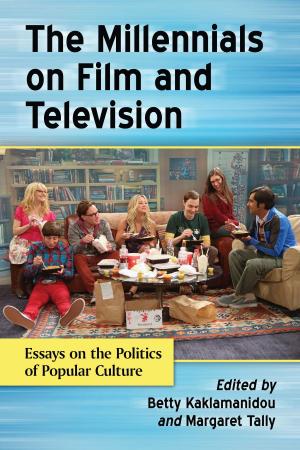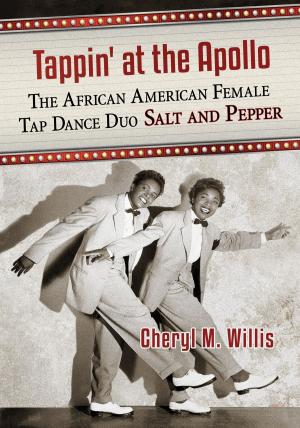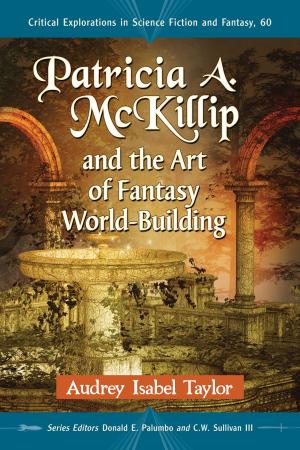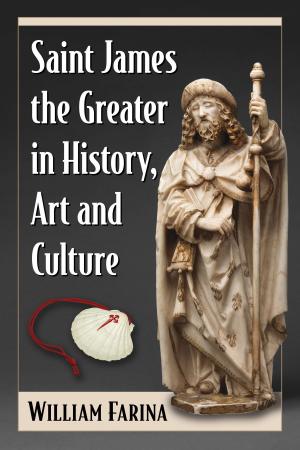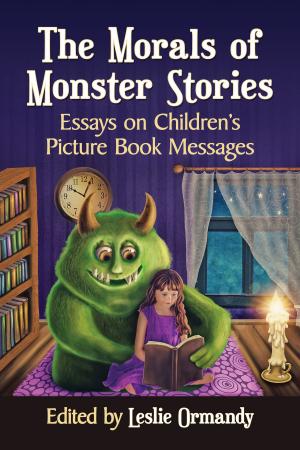Cuban Cinema After the Cold War
A Critical Analysis of Selected Films
Nonfiction, Social & Cultural Studies, Social Science, Cultural Studies, Ethnic Studies, Entertainment, Performing Arts, Film| Author: | Enrique García | ISBN: | 9781476620602 |
| Publisher: | McFarland & Company, Inc., Publishers | Publication: | October 14, 2015 |
| Imprint: | Language: | English |
| Author: | Enrique García |
| ISBN: | 9781476620602 |
| Publisher: | McFarland & Company, Inc., Publishers |
| Publication: | October 14, 2015 |
| Imprint: | |
| Language: | English |
The changes Cuba experienced following the collapse of the Soviet Union compelled Cuban filmmakers to rethink the values developed after the 1959 Castro revolution. Long-forgotten genres re-emerged, established auteurs incorporated new aesthetics into their films and an influx of foreign capital led to the repackaging of revolutionary ideology into more visually attractive narratives. Films such as Alice in Wondertown (1991), Strawberry and Chocolate (1993) and Juan of the Dead (2011) stirred controversy, criticized revolutionary discourse and helped establish new models that allowed post–Castro cinema to find global audiences on an unprecedented scale. This book offers a detailed analysis of key post–Cold War Cuban films. Recurrent sociopolitical tropes are examined to reveal how Cuban cinema reflects the turbulent changes in the island.
The changes Cuba experienced following the collapse of the Soviet Union compelled Cuban filmmakers to rethink the values developed after the 1959 Castro revolution. Long-forgotten genres re-emerged, established auteurs incorporated new aesthetics into their films and an influx of foreign capital led to the repackaging of revolutionary ideology into more visually attractive narratives. Films such as Alice in Wondertown (1991), Strawberry and Chocolate (1993) and Juan of the Dead (2011) stirred controversy, criticized revolutionary discourse and helped establish new models that allowed post–Castro cinema to find global audiences on an unprecedented scale. This book offers a detailed analysis of key post–Cold War Cuban films. Recurrent sociopolitical tropes are examined to reveal how Cuban cinema reflects the turbulent changes in the island.
